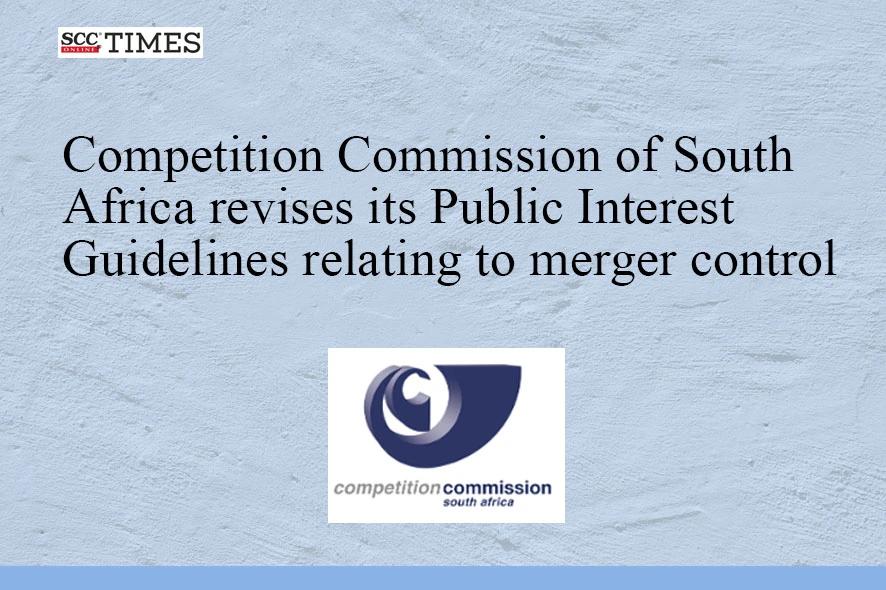Department of Trade, Industry and Competition: The Competition Commission of South Africa under the Department of Trade, Industry and Competition revised its Public Interest Guidelines relating to mergers control on 20-04-2024. The Guidelines will be effective from the date of publication in the Government Gazette and will be subject to timely amendments by the Commission.
The revisions have been made in the light of the Competition Amendment Act, 2018, the main objectives of which were to deal with the structural challenges of concentrated and racially skewed ownership of businesses in South Africa. These Guidelines are majorly inspired by the amended Section 12A of the Competition Act, 1998 (“Act”) that enshrines transformative values relating to the erstwhile racially dividing policies in the Republic of South Africa, which had resulted in the status quo of business ownership in the economy.
Principles contained:
The Revised Public Interest Guidelines take guidance from the principles contained in Section 12A of the Act, which are as below-
- The competition and the public interest assessments are equal in status.
- The justifiability of a merger must be determined on substantial public interest grounds.
-
A merger’s effect on each individual public interest ground, and on substantial public interest grounds, must be assessed to reach a holistic determination of its justifiability.
Key points:
- The Guidelines intend to indicate the approach that the Commission may adopt and the type of information the Commission may require to evaluate the public interest grounds in Section 12A (3) of the Act.
- They do not prevent the Commission from exercising its discretion to request information or assess grounds not contained in the Guidelines, on a case-to-case basis.
-
These guidelines are not binding on the Commission, the Tribunal or the Courts, but anyone interpreting or applying section 12A (3) of the Act must consider them.






